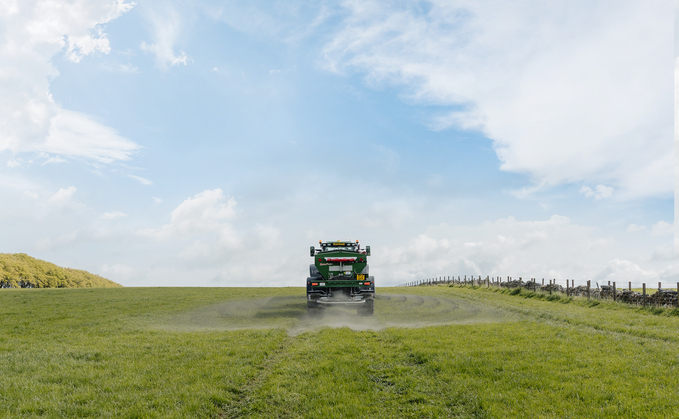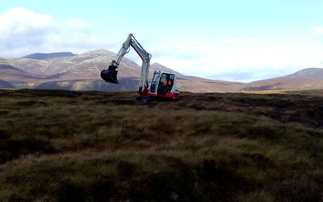
Spreading crushed rock on farmland | Credit UNDO
Tech giant and enhanced rock weathering specialist agree to spread 65,000 tonnes of crushed silicate rock in the UK and Canada
Microsoft and UNDO have today inked a deal that will see 15,000 tonnes of carbon dioxide removed from the atmosphere and crucial funding allocated to enhanced rock weathering (ERW) carbon removal research...
To continue reading this article...
Join BusinessGreen
In just a few clicks you can start your free BusinessGreen Lite membership for 12 months, providing you access to:
- Three complimentary articles per month covering the latest real-time news, analysis, and opinion from Europe’s leading source of information on the Green economy and business
- Receive important and breaking news stories via our daily news alert
- Our weekly newsletter with the best of the week’s green business news and analysis








